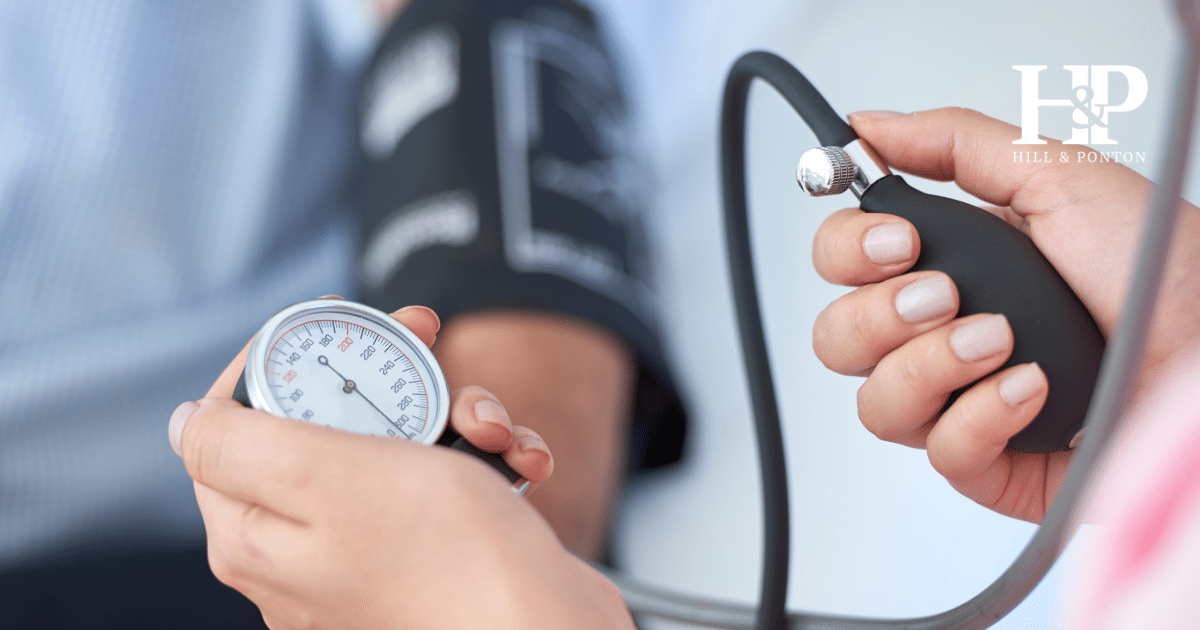Veterans exposed to jet fuel during their military service can face a range of health issues, from neurological disorders to respiratory problems. While the Department of Veterans Affairs (VA) does not offer specific benefits for jet fuel exposure, veterans suffering from conditions linked to this exposure may be eligible for VA benefits. This guide outlines how veterans can pursue these benefits effectively.
Known Health Risks Associated with Jet Fuel
Jet fuel exposure can occur in various settings – from aircraft maintenance to being stationed near fuel storage areas. Veterans might have inhaled vapors, come into direct skin contact with jet fuel, or ingested contaminated water or soil. Long-term exposure, especially in large amounts, poses significant health risks.
Research into jet fuel exposure among military personnel has uncovered these health issues:
- Neurological Effects: Changes in reaction time, memory issues, and neurological functioning. Studies, including those in the Journal of Occupational and Environmental Medicine, show cognitive deficits and mood changes.
- Respiratory Problems: Difficulty breathing and other lung-related issues. Research links exposure to an increased risk of asthma and other lung diseases.
- Liver and Gastrointestinal Damage: Including liver dysfunction and digestive problems.
- Immune System Impairment: Reduced ability to fight off infections.
- Skin and Sensory Effects: Rashes, lesions, and impaired hearing. Direct contact has been associated with skin irritation and dermatitis.
- Potential Link to Cancer: Ongoing investigations are exploring the relationship between jet fuel exposure and higher cancer rates among veterans.
These findings highlight the diverse health challenges faced by individuals with prolonged exposure to jet fuel, emphasizing the need for continued study and protective measures.
Pursuing VA Benefits for Health Conditions Linked to Jet Fuel
Veterans experiencing health conditions related to jet fuel exposure can seek VA benefits through a process that involves proving the connection between their military service and their health condition.
Filing a VA Disability Claim for Jet Fuel Exposure
In order to file a VA disability claim for jet fuel exposure, you’ll need to take a couple of steps.
Generally, what you’ll need to have to get a rating is listed below.
- Medical Diagnosis: Obtain a formal diagnosis for your health condition from a healthcare provider.
- Service Connection: Demonstrate how your exposure to jet fuel during service is linked to your health condition. This may involve providing evidence of your duties, locations you were stationed, and any incidents of exposure.
- Documentation: Collect and submit any available medical records, personal statements, and witness accounts that support your claim.
Does the PACT Act cover jet fuel exposure?
Yes, the PACT Act does cover jet fuel exposure for veterans. The PACT Act includes provisions like the William Collins Jet Fuel Exposure Recognition Act (H.R.3852) of 2021-2022, which allow for the investigation of the long-term, negative health impacts of jet fuel exposure on service members.
The legislation requires the VA to presume that veterans were exposed to jet fuel during their military service if they met certain criteria, including serving in a military occupation that involved constant exposure to jet fuel for at least two years. This is part of a broader effort to expand benefits for those exposed to various toxic substances, such as those from burn pits and other hazardous materials.
Veterans must still provide evidence that the medical condition they are trying to receive benefits for was caused by jet fuel exposure during service.
If you have been denied benefits for your disability claim and were exposed to jet fuel, you can get a free evaluation of your case here.
Free Case EvaluationThe Role of C&P Examinations
The VA may require a Compensation & Pension (C&P) exam to evaluate the severity of your condition and its connection to service.
Being prepared to discuss your exposure and symptoms can significantly impact the outcome of your claim.
Here are a few tips for veterans to help ensure a successful Compensation and Pension (C&P) examination:
- Gather Documentation: Bring all relevant medical records, doctor’s notes, and any other documentation that supports your claim. This includes records of treatment for your condition and how it affects your daily life.
- Prepare a Symptoms List: Make a comprehensive list of all your symptoms and how they impact your daily activities and work. Be prepared to discuss these in detail with the examiner.
- Be Honest and Detailed: During the exam, clearly describe your symptoms and the extent of their impact on your life. Avoid downplaying your symptoms, but also don’t exaggerate. Accuracy is key.
- Bring a Buddy: If possible, bring a family member or friend who knows about your condition and how it affects you. They can provide additional insights and support during the process.
- Understand Your Claim: Be familiar with the specifics of your claim, including the conditions you’re claiming and how they are connected to your service. This will help you to provide clear and relevant information during your exam.
- Ask Questions: If you’re unsure about what the examiner is asking or the purpose of a test, don’t hesitate to ask for clarification. Understanding what’s happening can help you provide better information.
- Follow Up: After the exam, if you remember important information you didn’t mention, or if you have additional documentation that supports your claim, submit this information to the VA as soon as possible.
Health Conditions Recognized by the VA
While direct benefits for jet fuel exposure are not offered, the VA acknowledges several conditions as potentially linked to toxic exposures.
These include the following:
- Asthma and Respiratory Issues: Linked to inhalation of toxic chemicals.
- Certain Types of Cancer: Ongoing research continues to investigate the connections between exposure and cancer risks.
- Hearing Impairment: Exposure to loud noises and toxic substances can contribute to hearing loss and auditory processing issues.
- Neurological Disorders: Including Parkinson’s disease, with studies exploring the impact of toxins on the nervous system.
Getting Help with Your Claim
Navigating a VA disability claim for conditions related to jet fuel exposure can be complex. Legal representation or assistance from a veterans service organization can provide invaluable guidance, ensuring your claim is accurately prepared and submitted.
These professionals can help articulate the connection between your service and your health condition, increasing the chances of a successful claim.
Did the VA Deny Your Disability Claim?
Let our team review your case today!
Get a Free Case EvaluationCassandra Crosby, an Accredited Agent and claims advocate for Matthew Hill & Shelly Mark’s teams, reviewed the information provided in this post.




